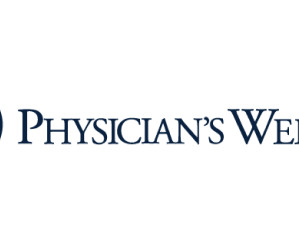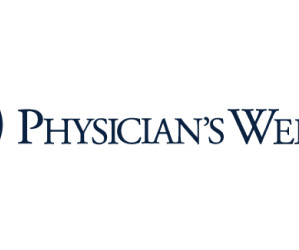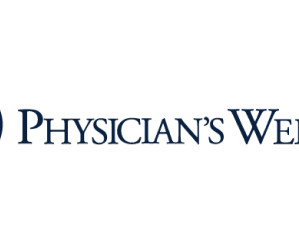Many Older People Embrace Vaccines. Research Is Proving Them Right.
Physician's Weekly
JUNE 24, 2025
Kim Beckham, an insurance agent in Victoria, Texas, had seen friends suffer so badly from shingles that she wanted to receive the first approved shingles vaccine as soon as it became available, even if she had to pay for it out-of-pocket. For about 15 years, the CDC has approved several enhanced flu vaccines for people 65 and older.












Let's personalize your content